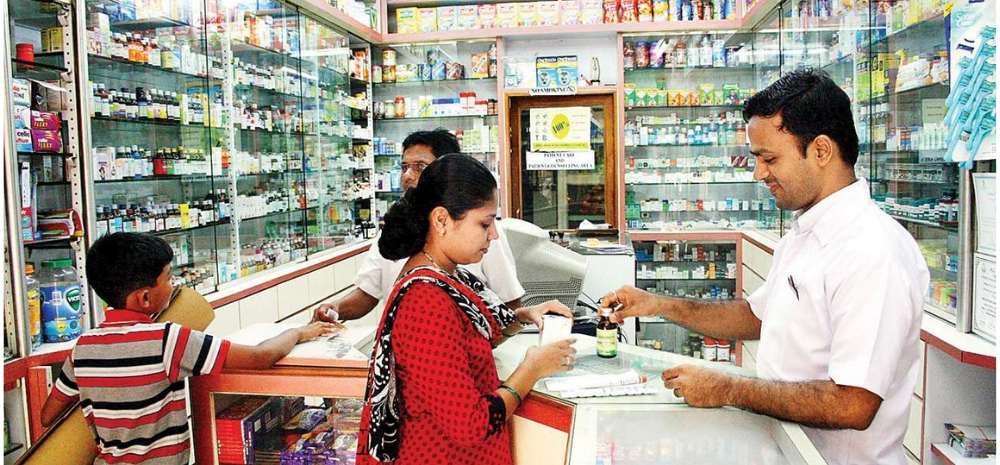Numerous news outlets have reported since Saturday, August 12, purportedly citing the latest guidelines from the National Medical Commission (NMC), that doctors are now required to prescribe generic drugs instead of branded ones. Failure to adhere to this guideline could result in the suspension of their medical license for a specified duration. These news reports have stirred up a significant response within the medical community, sparking debates among doctors on social media regarding the use of generic versus branded medications.

Unpacking India’s Drug Regulatory Landscape: NMC Notification and the New Bill for Medical Devices
However, does the NMC notification, which was issued more than 10 days ago on August 2 and outlines regulations pertaining to the professional conduct of registered medical practitioners, actually convey this requirement? Not precisely.
Dr. Ashwini Setya, a gastroenterologist based in Delhi who was part of an advisory panel overseeing the draft of the NMC guidelines and recommended changes, clarified that “Nowhere in the notification is it mentioned that it is a punishable offense,” as informed to FIT.
Following the tragic deaths of at least 66 children in the Gambia linked to cough syrups manufactured by Haryana-based Maiden Pharmaceuticals Limited, concerns about gaps in India’s drug regulatory system have once again come to the forefront.
In early July of this year, the Centre introduced The Drugs, Medical Devices and Cosmetics Bill 2022, aiming to replace the 1940 Drugs and Cosmetics Act. The older legislation, originating from the pre-independence era, did not address medical devices or healthcare equipment.
Nevertheless, the draft Bill has faced criticism from health experts, who have also labeled it as “regressive.”
What Necessitated the Law’s Revision?
The draft Bill was introduced with a specific focus on bringing medical devices under the jurisdiction of state drug controllers. The NITI Aayog emphasized that the 1940 Act was outdated and did not encompass the regulation of medical devices. Additionally, it highlighted the Central Drugs Standard Control Organization’s (CDSCO) lack of expertise in “ensuring the safety and effectiveness of medical devices.”
Key Aspects of the New Draft Bill
The 2022 Bill introduces a section that grants the Central government the authority to regulate e-commerce activities of pharmaceutical companies. While this regulatory measure was indeed needed, there remain unanswered questions within the draft Bill.
How will authorities ensure that medicines sold online adhere to storage conditions below 30 degrees Celsius or maintain an environment with 70 percent humidity? What measures are in place for over-the-counter medications that necessitate a doctor’s prescription? How can the misuse of medications through counterfeit prescriptions be prevented?
The Indian Express has highlighted the possibility that e-commerce platforms might need to provide batch numbers and expiry dates of medicines to both customers and authorities for legal purposes.
To include medical devices within the purview of the new Bill, a board of experts will be established as per the statutory requirements. This board, known as the Medical Device Technical Advisory Board, will assume the responsibility of offering guidance to government bodies on the technical aspects, clinical investigations, quality, health standards, and other pertinent aspects related to medical devices.
The proposed legislation also puts forth an expansion of the scope of drug import, particularly in urgent situations like the initial phase of the COVID-19 pandemic. Chapter VI outlines that the government can exempt the requirement for conducting a clinical investigation when introducing or importing a new medical device into the country.
Moreover, the Bill suggests revisions to the rules governing clinical trials. It asserts that no clinical trials for any drugs should commence without obtaining prior authorization from the Central Licensing Authority.
The Bill introduces stringent penalties, encompassing imprisonment of up to 10 years (potentially extendable to a life sentence) and fines of up to Rs 15 lakh, for contraventions of its provisions. Additionally, it mandates compensation in case of injury or fatality during clinical trials, which might also result in further punitive actions.












